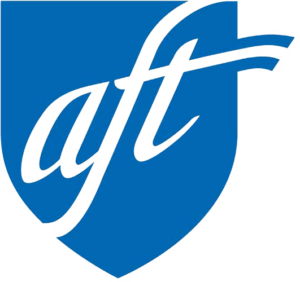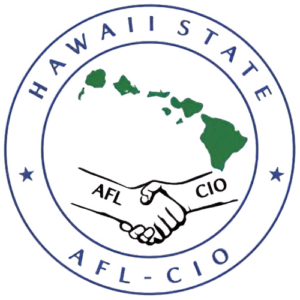Most of us do give a second thought about where our food comes from or how it got to our plate, but we should. The majority of our food is imported into our state, making us vulnerable to forces outside Hawaii. And with limited space for landfills on our islands, there is a great need to recycle as much as possible. Lack of awareness of these issues hinders demand for more local food products to drive local agriculture.
It takes a hero who can see things that do not yet exist and to help us connect the food dots to create positive change – even our food preferences — no matter how challenging it may be. Norman Arancon, professor at the College of Agriculture, Forestry and Natural Resource Management at the University of Hawaii at Hilo for the past seven years, is one of those visionaries.
Norman is using his expertise and extensive knowledge of composting, soil ecology, tropical fruit production and organic farming to address these issues in practical, concrete ways. His ultimate goal is to help Hawaii move toward more sustainable agricultural practices so that the state can become more self-sufficient.
Growing more of our own food allows more consumers to “buy local” and reap the benefits of fresher, more nutritious produce without the carbon footprint for transportation. Norman’s research focuses on vermicomposting — the use of earthworms to create a nutrient-rich fertilizer for soil. This reduces the need to import fertilizer for farming, which is an important but often overlooked component of sustainable agricultural practices.
Helping Farmers in the Philippines and Hawaii
Norman became interested in agriculture when he saw small farmers in his native Philippines struggling to make a living for their families. He graduated from Xavier University – Ateneo de Cagayan, a private university in Northern Mindanao, Philippines, with a bachelor of science degree in agriculture.
Many of his professors at Xavier were graduates of Ohio State University, and Norman decided to follow in their footsteps. He received both a master’s degree and Ph.D. in environmental science from Ohio State University.
After receiving his PhD, Norman was able to travel throughout the Philippines to share his expertise, with support from a USDA grant. He held a nationwide symposium in 2006 on vermicomposting at the University of the Philippines at Los Baňos, Luzon. He also held workshops at the two other major island groups in the Philippines: Visayas and at his alma mater, Xavier University in Mindanao.
Norman eventually made his way to Hawaii because there was a need for someone with expertise in sustainable agriculture and his experience in crop production made him a natural choice, especially since the tropical climate of the Philippines is similar to that of Hawaii.
Today, in addition to teaching at UH-Hilo, Norman is a regular teacher for The Kohala Center, which provides training for beginning farmers. He also reaches out to provide farming advice to churches in the Hilo area.
Recycling Organic Wastes
Norman said he is able to take the “number one waste” product on the UH-Hilo campus – paper – and convert that into food for his earthworms.
He started the program in 2009 as part of the Zero Waste Initiative. It is now a campus-wide effort, but Norman supervises the composting process and incorporates as a major activity of his sustainable agriculture class. Students involved with the UH Hilo Student Association pick up and collect post-consumer waste – leftover food from meals — from the dining halls to add to the compost. The program receives funding from UH Hilo’s Student Activities Center.
Everyone benefits. He is able to use the compost for the organic garden on the UH-Hilo grounds and the eventual goal is to grow enough produce the campus dining hall needs for a day or two each week.
He also uses the liquid extracted from the compost enriched by the earthworms for the school’s hydroponic system on the campus. The compost is brewed into a “compost tea” and is used to replace half of the recommended chemical fertilizers used in the hydroponic system.
The Campus Farm: A New Ivory Tower
Norman and his students cultivate pockets of small land areas totaling less than an acre throughout the Hilo campus. They grow tomatoes, zucchini, squashes, peanuts, ipu (gourds) and herbs such as basil. Norman said he also tried growing corn, but stopped because corn has a voracious appetite for nutrient fertilizers.
In addition, the students grow “sacrificial plants” such as leafy vegetables to attract bugs that are natural predators of other pests. Using these organic methods instead of resorting to synthetic chemicals strengthens the health of the plants.
While synthetic chemicals destroy harmful pathogenic organisms in the soil, they also destroy beneficial microbial organisms. Organic methods help to maintain the long-term health of the soil and plants.
A Growing Interest in Sustainable Agriculture
Norman teaches three courses each semester, reaching 50 to 70 students each semester. One of the course requirements is a two and a half-hour lab spent in the garden, but Norman says many students say they wish they could spend even more time gardening.
Not all of the students are majoring in agriculture. Some are majoring in communications, business, kinesiology, or nursing and are taking courses in sustainable agriculture to fulfill general education requirements, but Norman noted there has definitely been an increase in interest in the subject over the years.
In the fall of 2017, a new course will be added on vermiculture, which will add to the knowledge for the next generation of prospective farmers.
Generous Naalehu Neighbor
About two years ago, a Naalehu resident asked Norman and his students to help redesign his two-acre backyard. They seized the win-win opportunity. The resident would get a beautifully landscaped backyard garden, and the students would gain valuable experience in selected and designing a tropical orchard. They studied tree characteristics and plotted out where each of the 300 trees on the property. Norman and his students continue to make this another real-world classroom.
Entertaining Education
Besides sustainable agriculture, Norman also has a passion for music theater. He has performed in a number of musical productions at the Performing Arts Center of UH-Hilo, the Hilo Palace Theater, and the Kilauea Drama Network. His acting and singing credits include roles in Miss Saigon, Jesus Christ Superstar, La Cage Aux Folles, Mary Poppins, and the King and I. Norman has demonstrated his acting and singing talents by playing the role of the sleazy, slithering Engineer in Miss Saigon and the King in the King and I, with a relentless drive to modernize Siam.
Norman seamlessly merges the two worlds together and seeks to excel in both science and singing. “If I’m not entertaining my students, then I have no business teaching in the classroom,” he said, noting that he has occasionally broke out in song during the classroom when it is appropriate to drive home a particular lesson.
This is the kind of creativity, courage, and boundless energy required to make Hawaii a better place to live. And the multi-talented Norman is just the kind of hero we need to lead the way.



